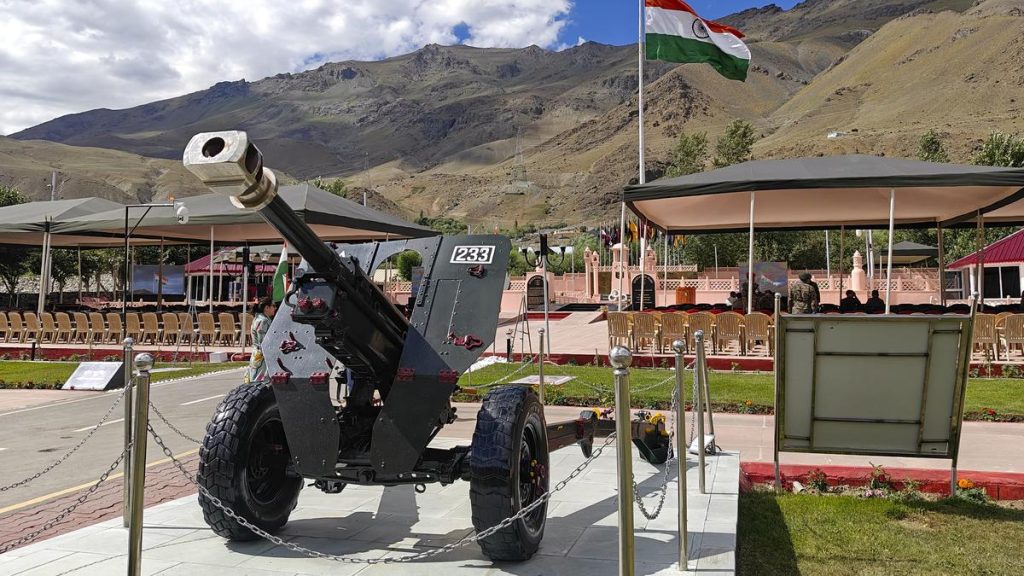Now Reading: Raichur Officials Directed to Take Urgent Flood Control Measures
-
01
Raichur Officials Directed to Take Urgent Flood Control Measures
Raichur Officials Directed to Take Urgent Flood Control Measures
Quick Summary
- Raichur Deputy Commissioner Nitish K., who is also the Chairman of the District Disaster Management Authority, has issued directives to government departments to prepare for excess rainfall as forecasted by the India Meteorological Department.
- A circular has been sent to Tahsildars,Zilla Panchayat officers,Police Department,city corporation staff,and Assistant Commissioners outlining precautionary measures for flood-related incidents.
- Key instructions include setting up round-the-clock control rooms for affected individuals,appointing nodal officers for flood supervision,and alerting riverbank residents about potential dangers from swollen rivers through announcements.
- Functional shelters, referred to as Kalaji (formerly Ganji) Kendras, are mandated to provide food and accommodation for those impacted by floods or heavy rains.
- Taluk-level officials are required to coordinate with district-level teams and continuously send updates based on rain conditions; no leave will be permitted for assigned officers handling these tasks.
- Strict legal action will be enforced against officials found negligent in executing their duties during this period.
Indian Opinion Analysis
The proactive measures taken by Raichur’s administration signal a firm commitment toward disaster preparedness in light of adverse weather forecasts. By engaging multiple levels of governance-from village gram panchayats to district authorities-this comprehensive approach aims at minimizing loss of life and property due to potential floods or landslips triggered by monsoon rains. The designation of control rooms and shelters reinforces safety nets essential during such events while emphasizing clarity via grievance submission mechanisms. Though,stringent oversight is critical given the explicit warning against negligence among officials tasked with these responsibilities-any lapses could hinder effective implementation amidst emergencies.While such foresight aligns well with India’s broader disaster management frameworks established at national and state levels, its success largely depends on timely coordination across departments as outlined here.
Read more: the Hindu
























